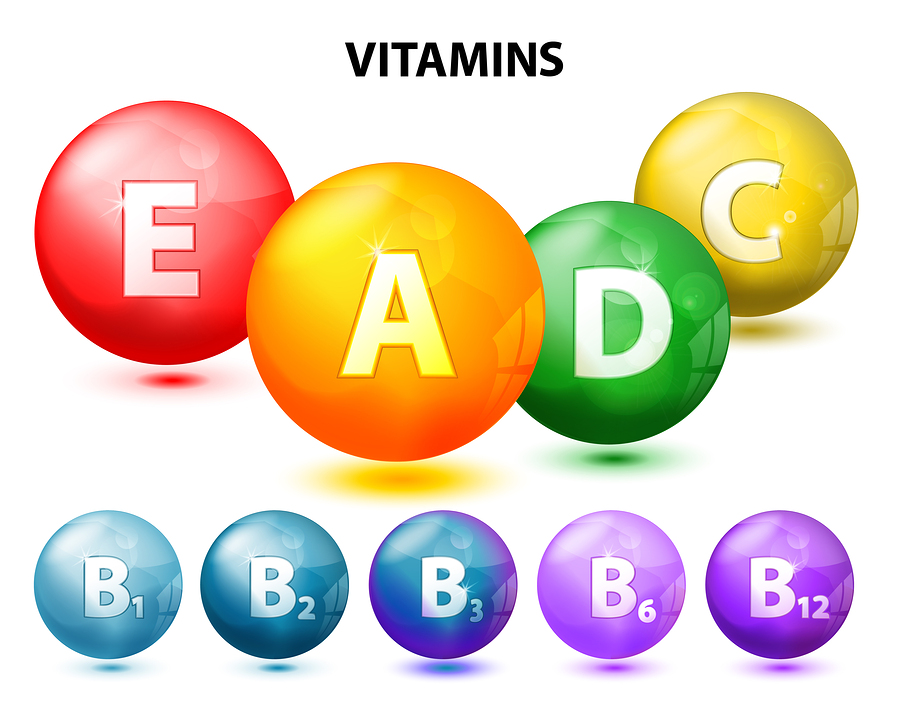- Make It Yourself Lavender Heart-Shaped Bath Bombs!
- 20 Things You Never Knew About “Down There”
- 12 Best Foods For Those Suffering From Arthritis Pain
- 12 Personal Hygiene Mistakes Almost Everyone Makes (Mom Never Told You About #4!)
- 15 Medicinal Plants And Herbs From The Cherokee People
- 12 Mind-Blowing Benefits Of Drinking Coconut Water During Pregnancy
- 12 Outstanding Winter Foods That Won’t Fatten You Up Like A Christmas Turkey
Check On These 8 Nutrients Vital For The Perfect Function Of The Nervous System
The brain is arguably the most important part of our bodies – and the nervous system that extends from our brains is in constant need of a supply of nutrients and vitamins to run properly. Most of the time, our bodies are aptly supplied from the food that we eat and there’s no need for supplements. But if you’re finding that you’re having a hard time concentrating, focusing, experiencing headaches, being forgetful, or having other nervous system issues, you might be deficient in one of the vitamins your nervous system needs to function.
In fact, some estimates say that 70% of the population is deficient in one of the important minerals that our nervous system needs! Deficiencies in some of the below minerals of vitamins can cause serious side effects such as nausea, epilepsy, unsteady walking, vision problems, and muscle weakness. Take a look at the vitamins and minerals that we all need for our nervous systems to function in peak condition.
1. Potassium
Potassium helps to regulate nerve impulses in the nervous system. In particular, potassium works to help transmit the electrochemical impulses throughout each cell. Potassium is also important to help turn off the nerve impulses when appropriate which helps to prevent uncontrolled signaling which can lead to diseases such as epilepsy. You can find potassium in many common foods including bananas, oranges, cantaloupe, prunes, dates, raisins, cooked spinach and broccoli, potatoes and mushrooms.
2. Calcium
Calcium works to help start the action potential in nervous cells and also helps to return them to their normal state once the action is complete. Calcium also helps to guide the nervous system as it develops, providing a sort of map for where each cell needs to go. Calcium deficiencies can lead to numbness or tingling, muscle cramps, fainting, difficulty swallowing, and a poor appetite. Lots of foods contain calcium including dairy products, kale, beans, almonds, okra, oranges, broccoli, Chinese cabbage, and sesame seeds.
3. Magnesium
Magnesium is the one mineral that many people, up to 70% of the population, is deficient in. Magnesium helps to convert sugars into energy and since the brain uses only glucose to work on, magnesium is very important in keeping the brain satisfied with enough energy. But the brain is not the only part of the body that uses magnesium – being deficient in magnesium can also lead to diabetes and low energy as your body doesn’t convert sugar into energy in the body. Foods high in magnesium include dark chocolate, avocados, nuts, legumes, tofu, seeds, and whole grains.
Continue to Page 2





























